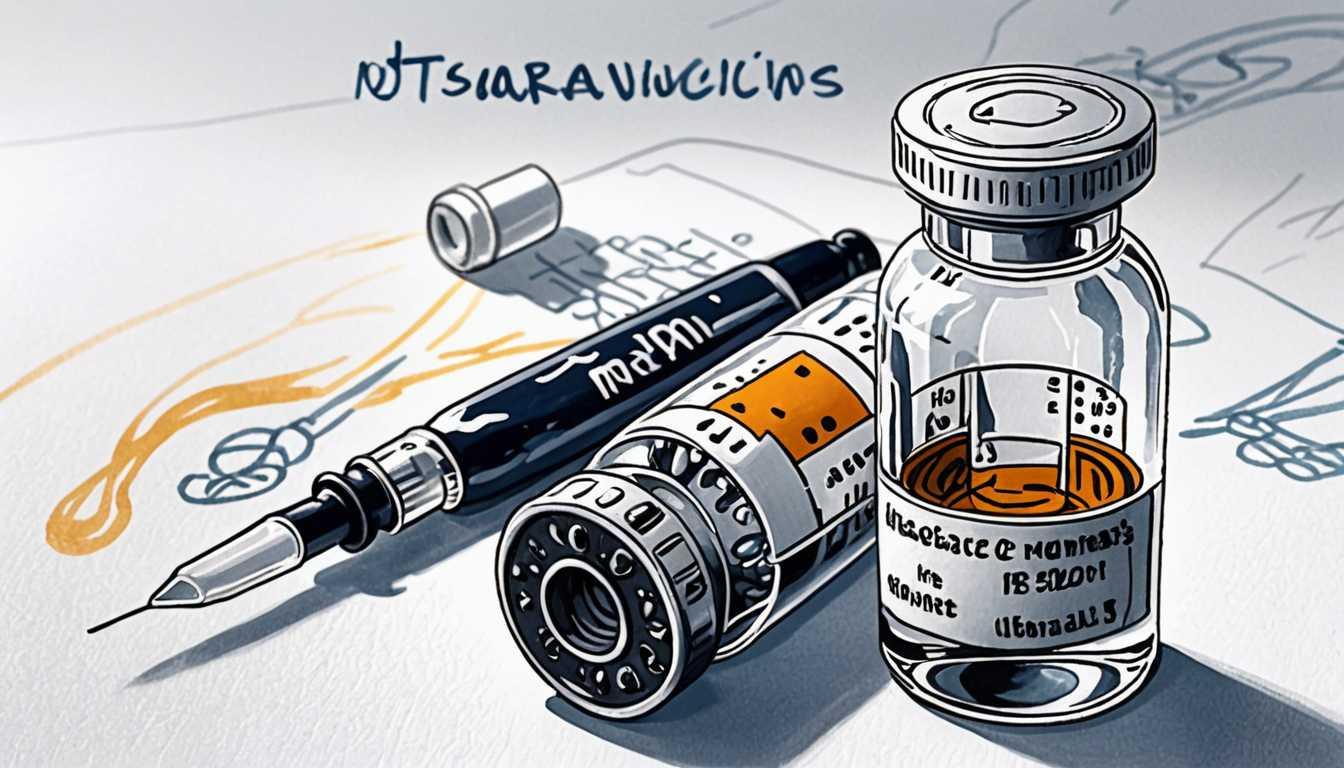Mia: AI's Triumph in Cancer Detection
November 2023
Imperial College London
Introduction
Dive into the world of cutting-edge science where AI becomes a superhero in the battle against breast cancer! Researchers at Imperial College London and Kheiron Medical Technologies have developed Mia, an AI tool that outperforms humans by spotting up to 13% more breast cancers during screenings. Imagine an extra vigilant eye that catches what human eyes might miss, potentially saving millions of lives. This breakthrough, detailed in Nature Medicine, could revolutionize how we fight one of the most common cancers affecting women worldwide. Ready to see how technology is becoming our newest ally in healthcare?
READ FULL ARTICLEWhy It Matters
Discover how this topic shapes your world and future
Unveiling the Future of Health with AI
Imagine living in a world where the fear of missing a cancer diagnosis is significantly reduced, thanks to the power of artificial intelligence (AI). This isn't a scene from a sci-fi movie; it's becoming reality with new AI tools like Mia, which have shown to detect up to 13% more breast cancers than traditional methods. This breakthrough is not just a win for science; it's a beacon of hope for millions worldwide. Early detection of breast cancer can save lives, reduce the need for intensive treatments, and fundamentally change the way we approach healthcare. For you, this could mean a future where technology and health intertwine more closely, offering a glimpse into a career where you could make a difference in the lives of many by combining tech skills with medical knowledge.
Speak like a Scholar
Artificial Intelligence (AI)
A branch of computer science that focuses on creating machines capable of thinking and learning like humans.
Mammogram
An X-ray picture of the breast used to detect signs of breast cancer.
Radiologist
A doctor who specializes in interpreting medical images, such as X-rays and MRIs, to diagnose diseases.
Invasive Cancer
A type of cancer that has spread from the original site to surrounding tissues.
Machine Learning
A subset of AI that allows software applications to become more accurate in predicting outcomes without being explicitly programmed.
Clinical Practice
The day-to-day practice of medicine by health professionals, especially when concerning the diagnosis and treatment of patients.
Independent Research Ideas
Exploring the Ethics of AI in Healthcare
Investigate the ethical considerations of using AI tools like Mia in medical diagnoses, including privacy concerns, potential biases in AI algorithms, and the impact on patient-doctor relationships.
AI's Role in Reducing Healthcare Disparities
Study how AI tools could help bridge the gap in healthcare quality and accessibility between different socio-economic groups or geographic locations.
The Evolution of Breast Cancer Screening
Trace the history and development of breast cancer screening methods, from traditional mammograms to the integration of AI, and predict future advancements.
Psychological Impact of AI-Assisted Diagnoses on Patients
Research how the knowledge that an AI tool is being used in their diagnosis affects patients' trust in the screening process and their overall mental health.
Comparative Study of AI Implementation in Healthcare Systems Worldwide
Examine how various countries are adopting AI in healthcare, the challenges they face, the success rates of early cancer detection, and the lessons that can be learned from each approach.
Related Articles

Outsmarting Pandemics: A New Vaccine Play
June 2023
Cornell University

Surgery Training Goes Virtual at MIT
February 2024
Massachusetts Institute of Technology (MIT)

AI: The Future of Medicine
July 2023
MIT Technology Review

AI Bias in Healthcare Unveiled
August 2023
Massachusetts Institute of Technology (MIT)

Telemedicine Slashes Hospital Revisits
April 2024
Imperial College London